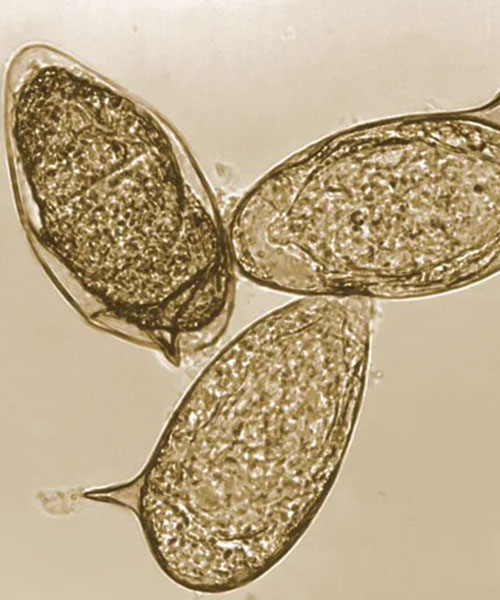
Research in this department focuses on understanding the biology of parasites, parasitic diseases, intermediate hosts, vectors, and vector-borne pathogens, employing tools in epidemiology, microscopy, cell imagining, structural biology, molecular biology, omics, and immunology.
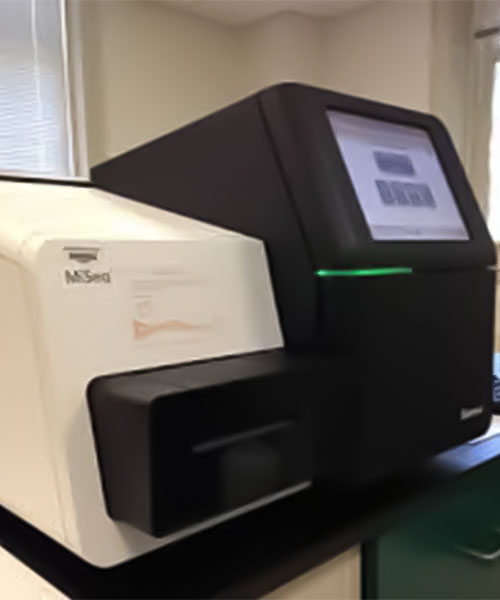
Research in this discipline integrates “multi-omics” and molecular approaches to study pathogen biology and pathogen-host interactions. It also covers genomic surveillance for resistance tracking, population structure and genetic diversity of pathogens.
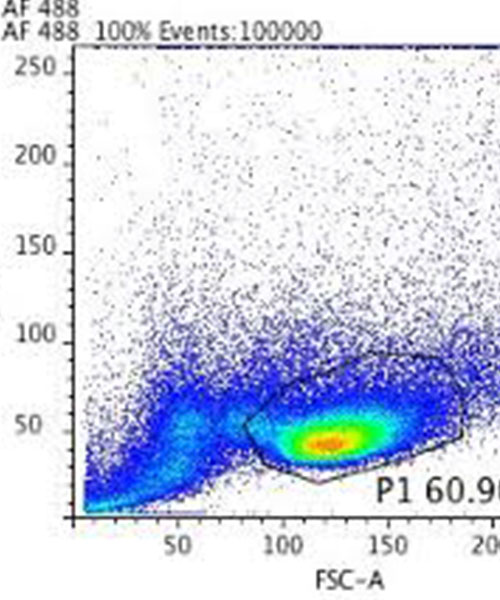
This discipline characterizes the immunological interaction between pathogens and their host with the aim of elucidating the mechanisms through which infectious organisms (bacteria, parasites, emerging and re-emerging viruses) invade their host and cause diseases. Leveraging the techniques of flow cytometry, ELISA, and experimental models, understanding how infection is established is an important step towards developing strategies for control.
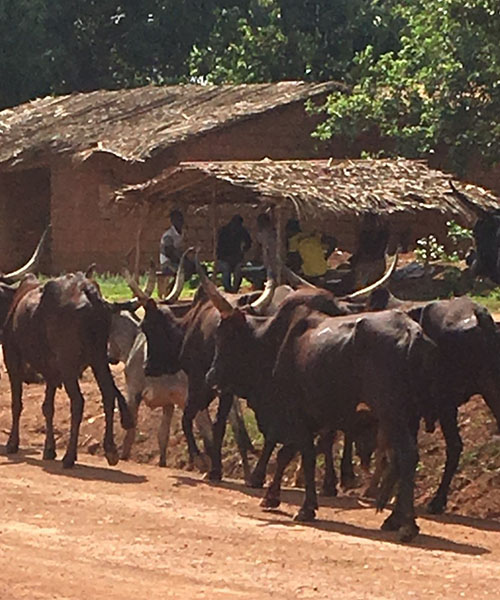
Research in the One Health department focuses on understanding the multidimensional connection between humans, animals, and environments in the context of disease emergence and control. It combines community anthropology, humanities, social science, livestock ecology, system thinking and health economics to uncover the drivers of infection origin, morbidity, and transmission dynamics in an era of climate change.
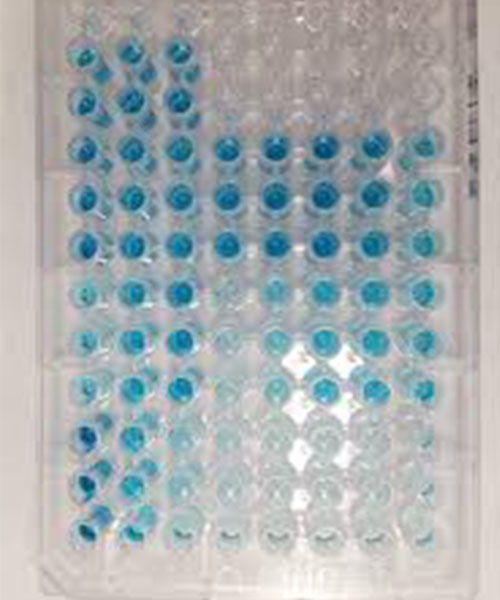
This department provides an opportunity to conduct independent experimental or theoretical work on viruses with a focus on basic and veterinary science employing both serological and genomics tools to detect emerging viruses and construct the evolutionary patterns of emergence and transmission.

This department interrogate the epidemiology, and genomics and infectious disease surveillance, with the goal of developing innovative biostatistical and computational approaches for large-scale data analysis to inform decision-making and evaluate the impact of disease control efforts.
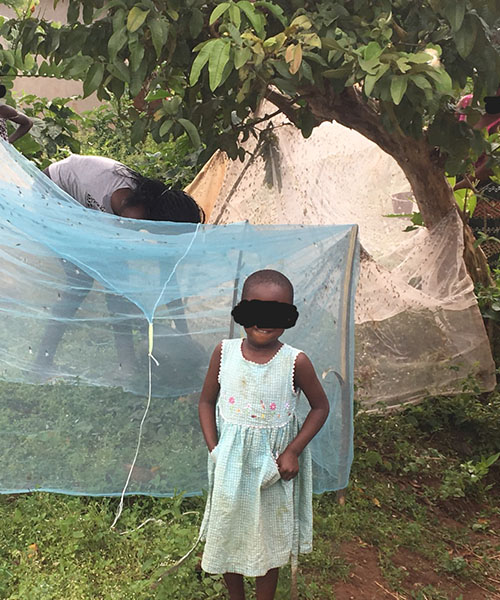
This department focuses on critically evaluating design, implementation and impact of diagnostics, therapeutics, and vaccines interventions (clinical trials) on disease control in communities.
The units include:
1. Malaria Research unit
2. Neglected Tropical Disease unit.
3. Antimicrobial Resistance unit.
4. Clinical Trial unit.
5. Infection Biology and Disease Control unit.
6 Sexual and Reproductive Health unit.
7. HIV/AIDS and Tuberculosis Research unit.
8. Epidemiology & Community Health.
9. Maternal and Child Health.
10. Health economics & Policy unit

“Research for Improving Population Health”